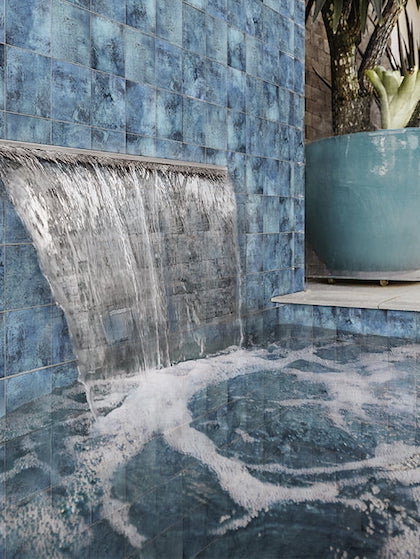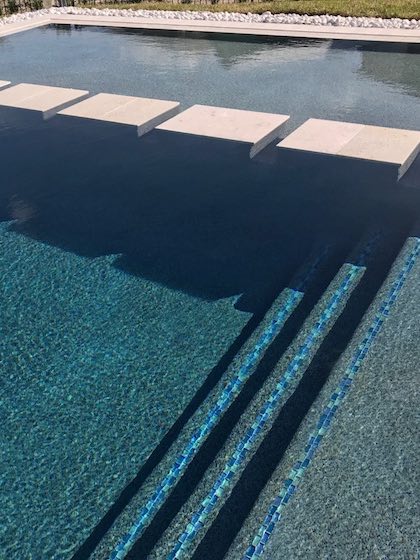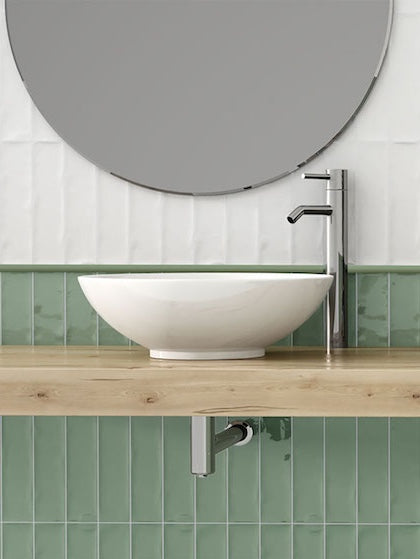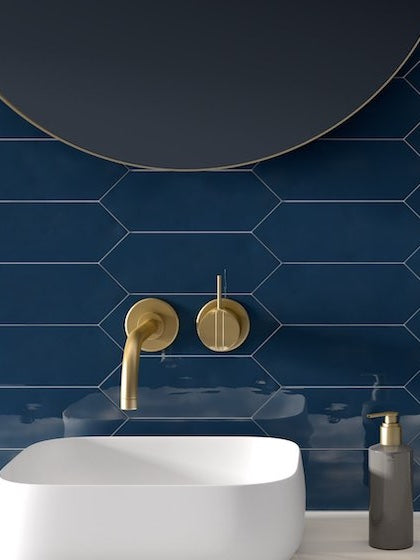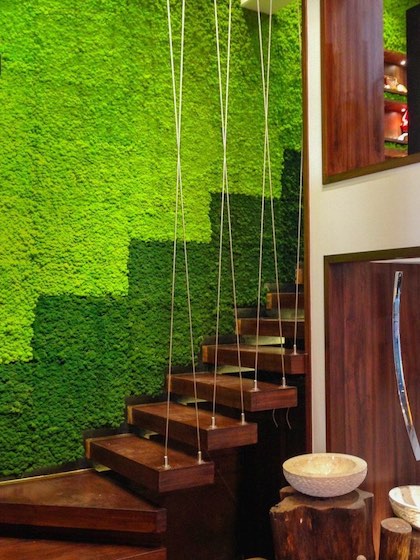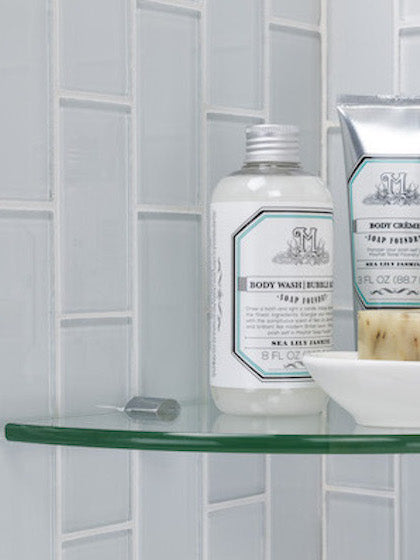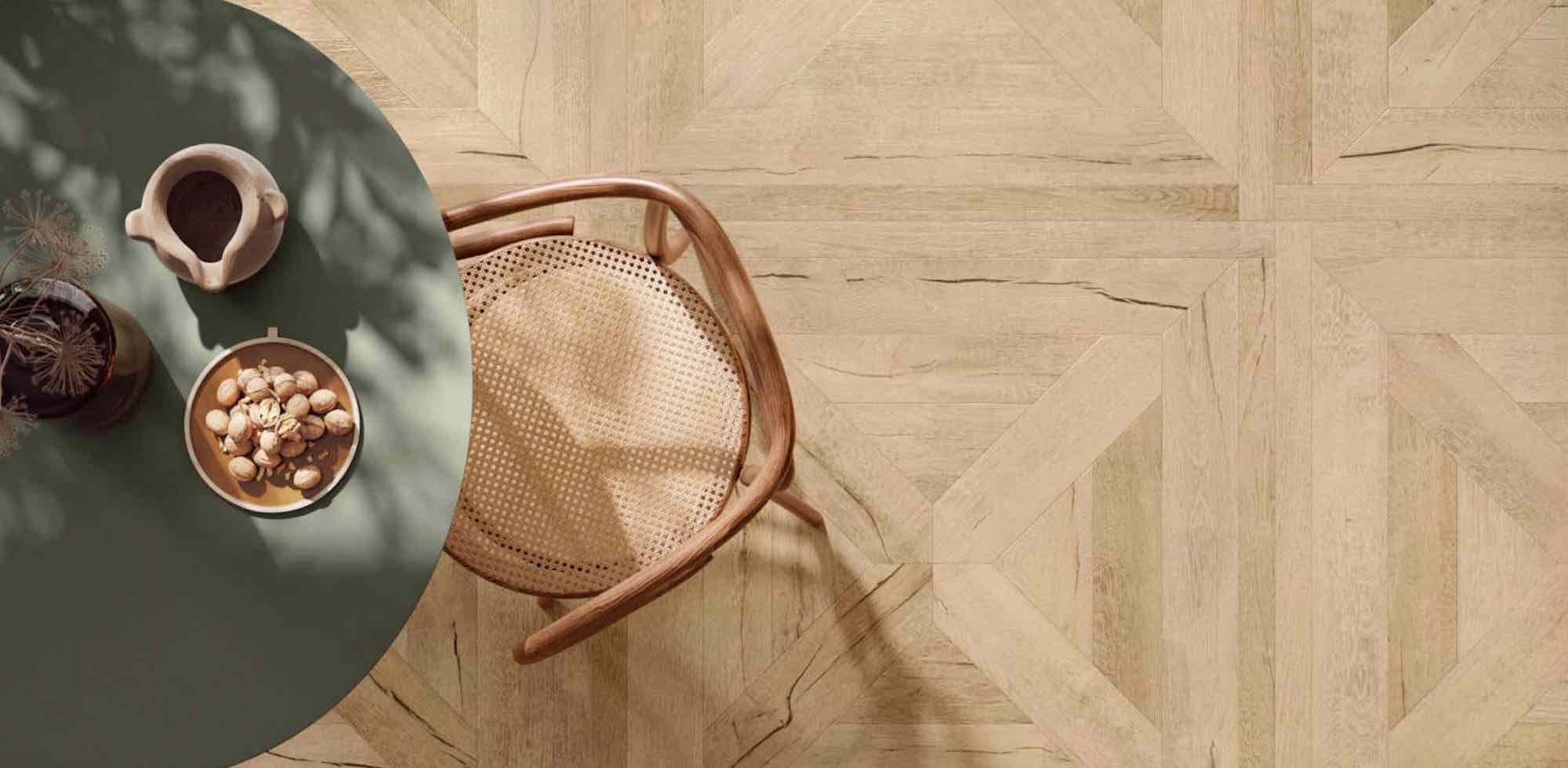The tiles are a low-maintenance, affordable, and beautiful way to cover your floors. They're versatile and timeless for every design style and are perfect for use in the case of an underfloor heating system. However, when not taken care of, it can absolutely cause cracking. Apart from the tile being of inferior quality - there are many other reasons why a tile may crack and you must know how to avoid it. Porcelain tile is the number one choice for a long lasting and low maintenance floor. So, let’s have a look!
Tile Cracked due to Heavy Loads
Did the washing machine’s heavy load cause the tile to crack? Well, heavy equipment such as a refrigerator, stand-alone freezers, dishwashers, cabinets, and air conditioners can cause hairline cracks or larger breaks. Generally, the floor tiles are designed to withstand up to 250 pounds of pressure without any breaking or damage.
How to Avoid: Ensure the load-bearing equipment doesn't exceed the threshold of 250 pounds. You can also ensure that the bottom of the tile and subfloor hold an optimum amount of thin-set and they lack hollow pockets of air since that may cause the tile to crack.
Tile Cracked due to Cracked Concrete Base
Tiles are best installed with a concrete base - so, a healthy and free-of-cracks concrete base would lead to a lesser chance of cracking in the tiles. On the other hand, older concrete slabs that develop long cracks running over a period of time result in cracks on the tile surface above.
How to Avoid: This issue can be best tackled during the stage of installation. You must ensure to check and recheck the concrete foundation base before laying down the tiles.
Tile Cracked over a Control Joint
The concrete underlay base is subjected to control joints to regulate any future cracks. Hence, it’s important to avoid installing the tiles on the lines with control joints since that may flash reflective cracks in the long run. Since these spaces are already weakened as compared to the rest of the concrete surface - the chances of rising cracks are definitely high.
How to Avoid: Now here’s where experience matters and you must hire a professional floor installer and contractor to help you with the same. Get ready with your architectural plans and let the floor installer detect if the tiles aren’t being installed over a control joint.
Tile Cracked due to Uncured Concrete Substrate
When the concrete is newly poured, it’s full of moisture and water. Hence, the process of careful curing is necessary to let the water vapor evaporate. This process will shrink the concrete surface and make it much harder and ideal for installing the tiles above. So, before the installation of tiles - simply ensure that your concrete is well-cured!
How to Avoid: According to the rule, you must allow the concrete surface to cure for a minimum period of at least 28 days. Start installing the tiles after a month of curing the concrete substrate.
Another very common reason for cracking is the quality of the tile used. Expensive doesn’t relate to the quality of the tile but it must comply with certain standards in terms of durability and strength.





